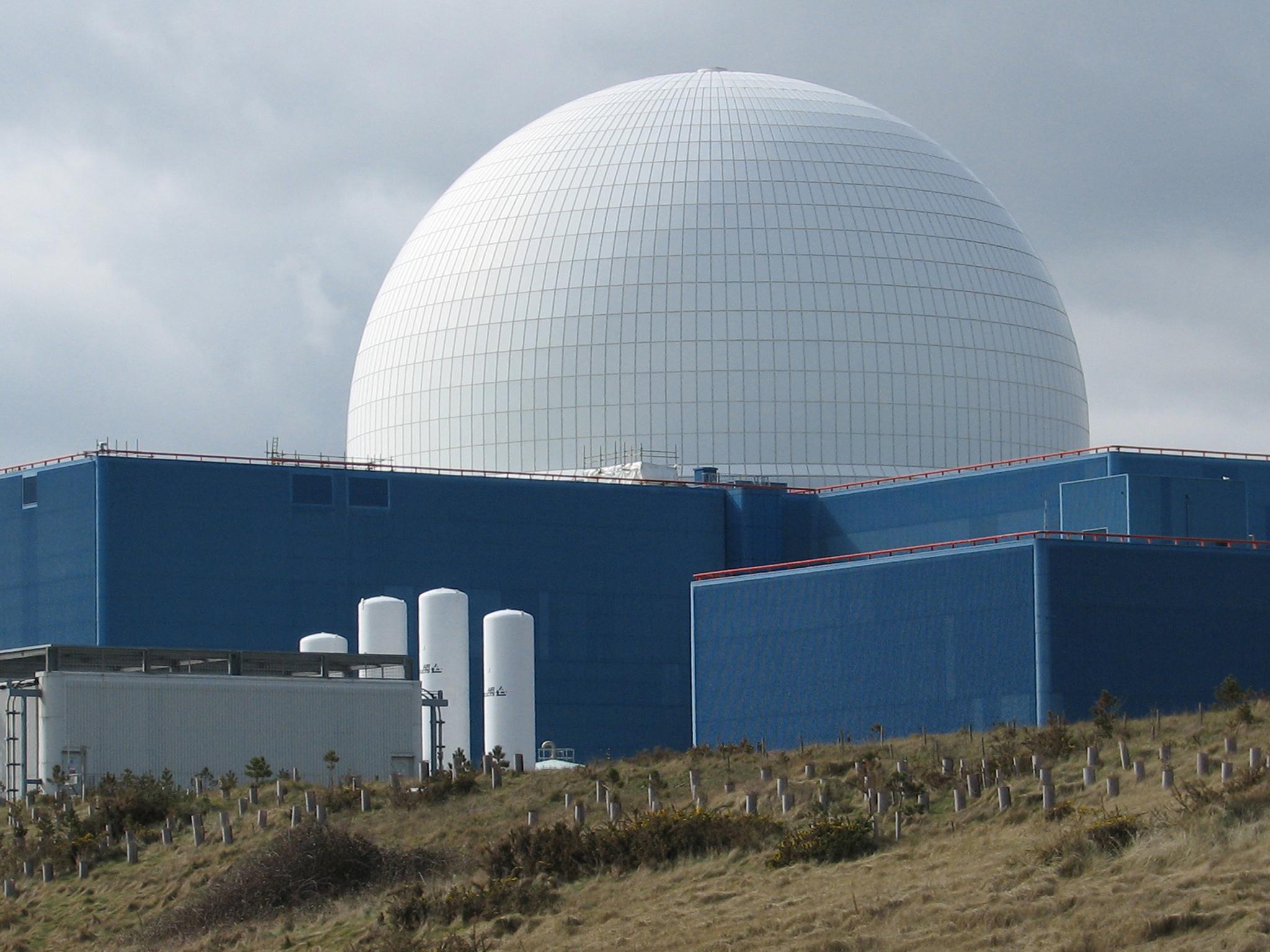The new Sizewell C power plant is a start but Britain needs much more nuclear energy
The UK government’s plans to develop new energy supplies are woefully inadequate and will lead to more problems in future


This week, UK energy secretary Kwasi Kwarteng is expected to grant planning permission for Sizewell C, part of the government’s promise to build back British nuclear energy. The power plant on the Suffolk coast will eventually provide 3.2 gigawatts (GW) of baseload, carbon-free electricity and 900 jobs, so long as it receives sufficient financial backing by 2024.
Nuclear investment was a central part of the government’s recent Energy Security Strategy, published in April to address spiralling energy prices and the UK’s reliance on Russian gas. The strategy also outlined expanded plans for offshore wind, solar and hydrogen development.
It is encouraging the government understands the UK can only reach net-zero by embracing all available clean technologies, including nuclear energy. But its ambitions are not even in the correct ballpark. The Energy Security Strategy greatly underestimates the amount of electricity we will need in 2050, meaning the current targets for nuclear and renewables, if met, will only scratch the surface of what is needed.
The government hopes that 25GW of nuclear energy will meet a quarter of the UK’s electricity needs by 2050. So they project just a 32 per cent increase in capacity, as the current capacity is 73GW. This is woefully inadequate and will have long-term consequences for the UK if it’s not increased.
Carbon-Free Europe’s modelling shows that the UK’s planned shift to electric cars and electrified heating in homes will increase the UK’s demand by over 200 per cent. On current targets the UK will face electricity shortages and even higher energy bills, in addition to fresh energy security worries.
Our modelling shows the UK needs at least 63 GW of nuclear capacity to meet the UK’s energy needs in 2050. This means deploying a Sizewell-C sized power station every other year or 2 small modular reactors (SMR) every year from now until 2050. It is also important to note that most existing nuclear power stations are due to be retired by the end of the decade, so it is vital that a generation of nuclear projects are brought online before 2030 to fill the gap.
Boris Johnson has stated his goal of building one new nuclear power station every year but this is yet to be codified in the new energy bill announced in the Queen’s Speech.
However, nuclear power will not get the UK anywhere near its targets unless accompanied by a huge amount of renewable energy. From 2011 to 2020, the UK built on average 3 GW of wind and solar per year. We think the UK will need to build 6-14 GW every year.
The most important source of renewable energy will undeniably be offshore wind power. Carbon-Free Europe’s data shows that the UK’s ideal energy mix will be around 36 per cent offshore wind, 36 per cent nuclear, 9 per cent onshore wind, 7 per cent solar, and 1 per cent other resources like biomass, geothermal, and hydro.
The UK has the largest offshore wind potential in Europe and we should be building 57.3GW of wind power capacity by 2030, rather than the government’s target of 50GW.
To keep up to speed with all the latest opinions and comment, sign up to our free weekly Voices Dispatches newsletter by clicking here
It is possible to speed up approvals for new nuclear reactors and the introduction of new reactor types like Small Modular Reactors will help to keep pace in construction. During the 70s and 80s, the French government proved that rapid nuclear build-out can be done.
Likewise, it is possible to ramp up capacity for renewables, but the industry will need clear signals from the government that the market will be there.
It is vital that prime minister Boris Johnson and business and energy secretary Kwasi Kwarteng update and accelerate their ambitions for both renewable and nuclear projects so the UK doesn’t fall behind. Planning permission for Sizewell C will be a welcome boost for the UK’s net-zero goals but the government needs to take the scale of the challenge seriously.
Josh Freed and Lindsey Walter are co-founders of Carbon-Free Europe
Join our commenting forum
Join thought-provoking conversations, follow other Independent readers and see their replies
Comments
Bookmark popover
Removed from bookmarks